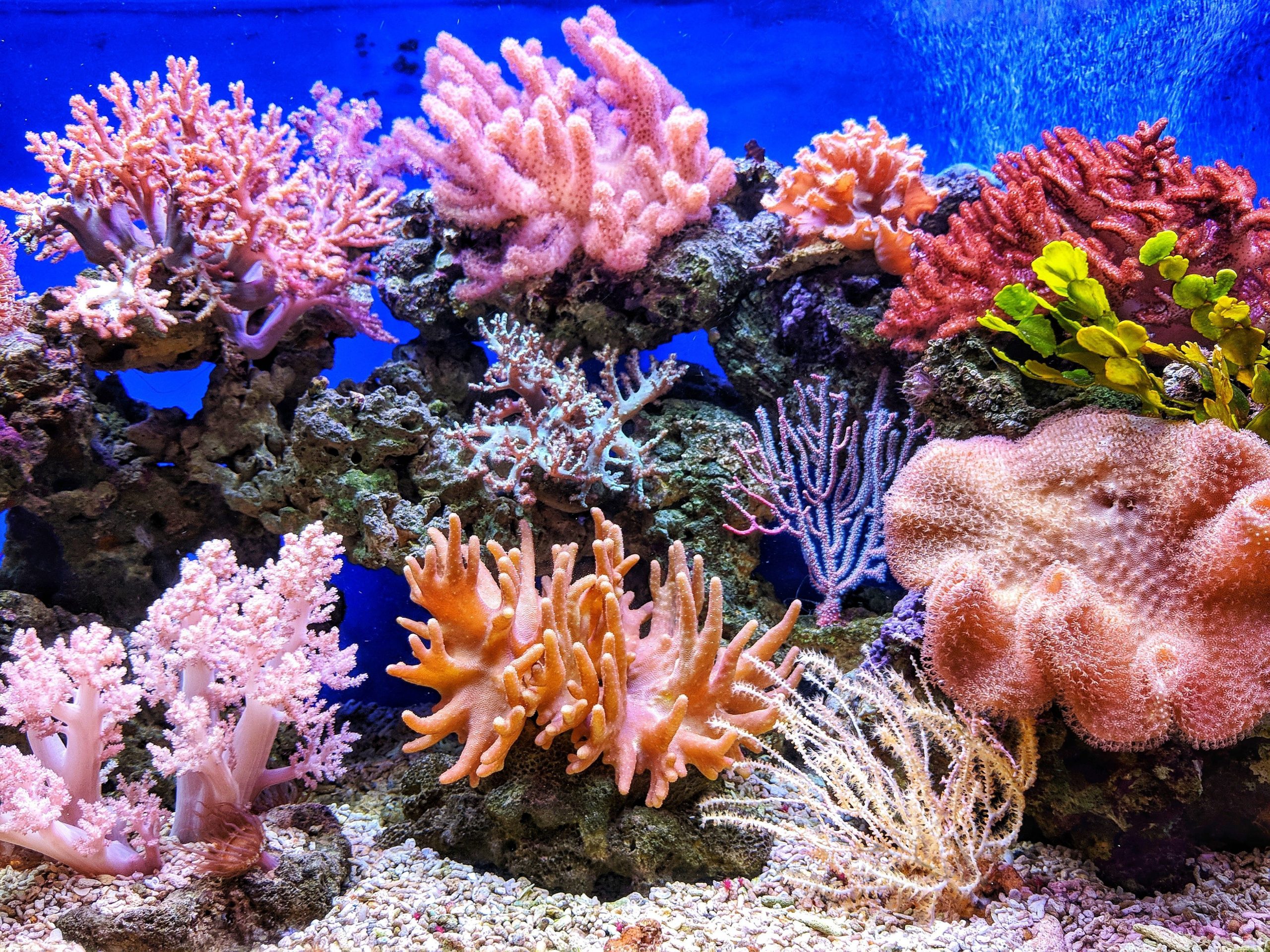In the wake of increasing concerns over the depletion of coral reefs around the world, QatarGas has partnered with local entities to take action.
The world’s largest liquified natural gas firm, QatarGas says its working with the Ministry of Environment and Climate Change and Qatar University (QU) to implement strategies to protect coral reefs.
QatarGas and its partners are seeking to implement a Coral Management Programme (CMP) with the aim to preserve the marine environment of Qatar.
“The programme aims at increasing spaces for marine habitats of the country, protecting coral reefs and support the scientific research of QU laboratory in growing artificial coral reefs,” said Hilal Al Mohannadi, Acting Head of Environmental and Regulatory Affairs at Qatargas in a recent interview aired on Qatar TV.
“The project needs scientific research,” he added, noting that here comes Qatar University’s major role in conducting needed research to achieve the collective goal.
“Coral reefs constitute a unique biological environment that contributes in supporting the marine ecosystem in the State of Qatar,” said Al Mohannadi.
The programme is being implemented in four different phases. “First is selecting a suitable location by conducting environmental evaluation study, for example temperature of the location, sea waves and others,” Al Mohannadi said.
Read also: Can Lego blocks help save Qatar’s coral reef?
The second phase will be building an artificial coral reef which requires rocks in natural size then deploying it in the water professionally. Thirdly, experts will relocate live coral reefs to selected location.
In the fourth and final phase, the team will release reports on the progress of the project and the response of marine life to the locations and growth of coral reefs.
Qatar’s Ministry of Environment and Climate Change has set specifications that require the use of environment-friendly cement materials from which artificial coral reefs should be made.
“They also undergo experiment in facing the pressure of sea waves and keep moving with waves due to lightweight,” the QatarGas official said.
Meanwhile, Qatar University is conducting research on coral reefs under the leadership of the Aquatic Research Center run by the Ministry of Environment and Climate Change, Al Mohannadi noted.
“The study focuses on how to grow coral reefs, preparing situation to grow coral reefs faster in the nature. The scientific research also aims at building database of coral reefs in the State of Qatar,” said Al Mohannadi.
QatarGas is supporting the project through utilizing the research work to adopt the best type of coral reefs for the reallocation process.
In the Arabian Gulf, natural coral reefs have been among the most affected by environmental damage.
According to Qatar Marine, coral reefs occupy only 0.7% of the ocean ground, “but provide homes and vital nursery grounds for 25% of all marine species on the planet.”
Reefs also “support 4,000 species of fish, 700 species of coral, and thousands of plants and animals.”
Research Assistant Professor at Qatar University Pedro Range warned previously of the damage to coral reefs caused by global warming, overfishing and pollution, claiming all of this could cause a 30% decline in fish catch potential in Qatari waters by the end of the century.
This has prompted a response from Qatari authorities who have taken action in recent years to, at least, slow down the depletion of marine life.
Recently, several marine activists organised an underwater clean-up drive to raise awareness on the dangers of plastic pollution in Qatar, collecting over 960kg of waste.
Read also: Activists collect 960kg of waste underwater to save Qatar’s marine life
The global movement was initiated by a registered nonprofit organisation working with volunteer scuba divers who protect the ocean. Their focus is to implement lasting change in two core areas: shark conservation and marine litter.
Despite this, experts insist a more long term and sustainable plan is still urgently needed to ensure the protection of coral reefs in Qatar and the world.
“Coral reefs are home to one of every four marine species and are vital to maintaining the biological diversity of ocean ecosystems. These ecosystems are the oldest most productive on earth: they have been existing for over 200 million years,” Qatar Marine notes.
“On top of their environmental importance, coral reefs are extremely important to local economies, tourism, human health, fishing industries, and much more,” the independent consulting body mentioned.
“Yet these vast resources are suffering severe destructive loss at an alarming rate. By conservative estimates, approximately 25% of the world’s coral reefs are already destroyed,” it warned.
Follow Doha News on Twitter, Instagram, Facebook and Youtube







